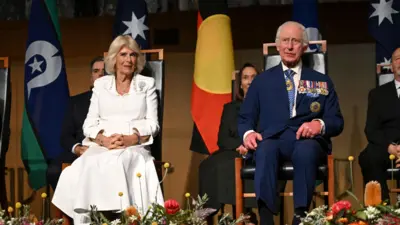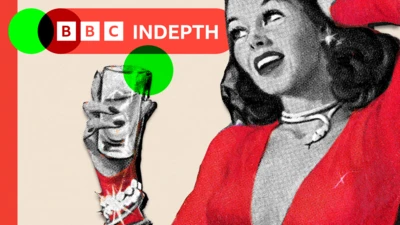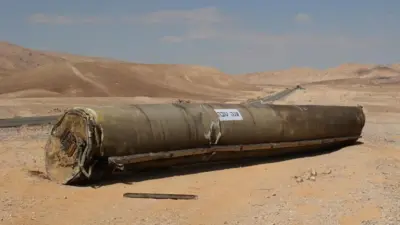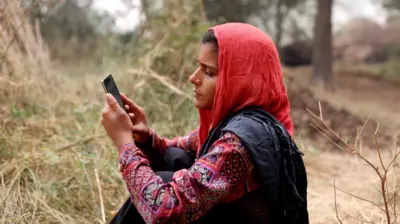We've updated our Privacy and Cookies Policy
We've made some important changes to our Privacy and Cookies Policy and we want you to know what this means for you and your data.
Brexit: Back to the backstop
Image source, PA
- Author, Laura Kuenssberg
- Role, Political editor
I'm afraid, yes, it's back to the backstop.
As you'll know, unless it's your first time reading here, the arrangement to guard against going back to the borders of the past in Northern Ireland is at the root of the Tory rebels' complaints about the government's deal.
And frankly, all along it's been the most fundamental Brexit conundrum, with added nightmare political points because Theresa May relies on the Northern Irish unionist DUP.
Number 10's thinking, therefore, has been for many weeks now, solve the backstop and you might go some way to getting their deal through the Commons.
That's still been the stuff of horrors, however, because the EU and Ireland have been stuck together like glue, with both of them absolutely adamant that you can't mess with the backstop - it can't come out of the agreement and even though there's the odd voice like the Polish foreign minister yesterday, trying to be helpful, Brussels' message has been, there is no budging.
But a tiny gap might just have emerged from an unlikely source, the Irish leader Leo Varadkar himself.
Speaking in Dublin this afternoon he was talking in familiar terms about how a hard border wasn't acceptable and couldn't be allowed to happen.
That's why, he repeated forcefully, the backstop was required.
For a reminder of how it's meant to work, you can read my colleague's explanations here.
But he went on to say that if the UK was on the verge of leaving without a formal agreed deal, (remember, if there is no deal, then there is no backstop), then there would be an obligation to find a way, some kind of separate arrangements to protect trade and the peace process.
Note, he was not saying this was what he was hoping or planning for.
And he maintained the backstop was the best way of doing this.
But it matters because some in Westminster, including at the cabinet table, who believe that a separate arrangement to sort out this aspect of the troubled withdrawal agreement, could be a way out of the parliamentary gridlock.
In other words, take this tangle out of the deal, so that MPs can vote for the agreement with its most controversial bit removed, and fix the specific problems of the backstop in a different process.
That is not what Mr Varadkar was advocating.
And when such an idea has been floated previously, only a few days ago, it got short shrift.
But when all camps are so dug into their positions, any hint or word that vaguely raises the prospect of a way through, matters.
An Irish government source told me that if we end up in that kind of situation, the EU would still absolutely have to be involved in such talks - the border in Ireland would become one between the EU and UK and Brussels would have to be at the heart of any discussions.
But as the weeks march on, and the prospect of the turmoil of leaving without an arrangement comes closer, politicians might just feel the pressure in a way that makes the impossible become at least a possibility.
Top Stories
More to explore
Most read
Content is not available








